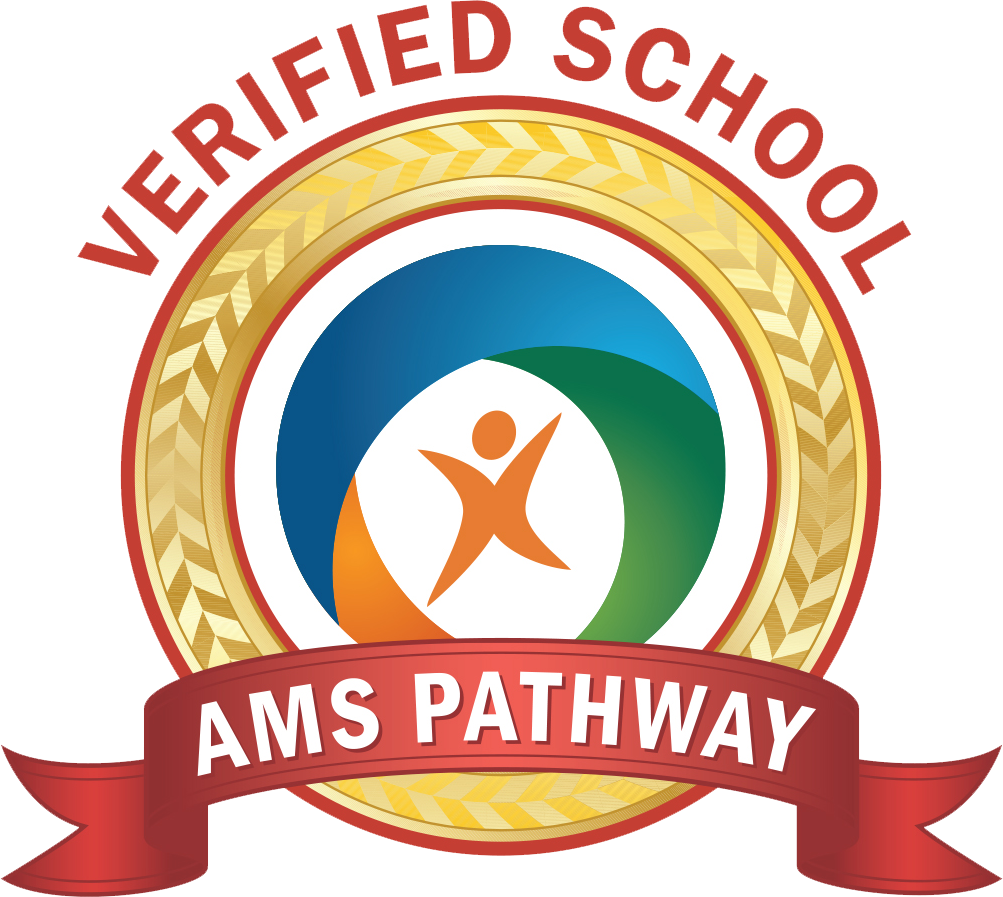Where is the Science? Everywhere!
In today’s educational climate the focus on math and science is heightened. When we think of science and math, stereotypical visions of lab coats, test tubes, and formulae often come to mind.
More important than these stereotypes are the methods and skills that underpin the work scientists do. When asked what are the most important skills needed in the field of science, the following items consistently appear at the top of the lists:
- observational skills, keen use of senses
- classifying/measuring skills
- analytic/critical thinking
- thoroughly practiced in the scientific method
- communication skills
- inference/predicting skills
- order and precision
- collecting data
- drive to discover/curiosity
The Montessori Connection
As a scientist and medical doctor, Maria Montessori placed great value in these skills. She was motivated to see students develop these skills in a context of understanding the planet they live on and the life with which they share it.
She strongly advocated that the young child should be filled with a love and curiosity for the magic of the real world.
Her views deeply influenced her development of the Montessori curriculum from infancy through adolescence. These skills are embedded in the work throughout the classrooms. Hands-on experiences, encouragement of exploration and questioning provide daily practice and promote these skills to become a part of the individual’s thinking processes.
Vital science skills are encouraged and nurtured at every level, primary, elementary, and middle school.
Primary
The sensorial area of materials is dedicated to the development of observation, sense of measurement and gradation, love of order and pattern, and the development of the senses. (Early exercise and development of the senses is one of the most important activities for brain development.) When your child is developing keen senses through these materials, they are developing skills and neural pathways that will enhance their scientific thinking in the future.
Practical Life activities provide experiences in classification, order, and observation. The small motor activities prepare kids for pouring, mixing, using hardware and tools. Cooking is one of the first “science lab” experiences in which young children can participate.
Think about it… measuring, observing, mixing of chemicals/compounds, following prescribed steps, experiencing results – all scientific skills!
Elementary
Montessori recognized that the elementary child is naturally curious, always the asker of magnificent questions, and able to ponder the vastness of the answers through his/her wonderful imagination. The heart of the elementary program is the study of such big questions—the origins of the universe and the beginnings of life. Montessori’s Great Lessons are designed to open doors.
Imagine the topics that we can include in the big discussions of the origins of the universe and of life on this planet: super nova’s, formation of our solar system and the plans, the transformation of the Earth from a toxic place to one where life flourishes, the evolution of life, and the studies of the different life forms from microorganisms to mammals.
Earth sciences continue with the study of land and water formations, the movement of tectonic plates, formation of rocks, and the creation of soil. While Geography includes the political landscape, it also includes the study of biomes and the interconnectedness of temperature, precipitation, soil, plants and animals.
Throughout the elementary program, students study the classification of life, plant and animal external and internal structures, and the physiology of plants and animals including humans. A part of the Human Growth class for 5th and 6th graders focuses on the maturing human body.
Middle School
Emphasis on critical thinking, integration of subjects, and synthesis of knowledge is at the root of our middle school curriculum. Process and thinking skills are as important as acquiring concepts in all the areas of study.
Much of the biology studies at this level are farm-based and hands-on. In depth study areas include soil, microorganisms, chemistry, cell structures, plants and animals. Environments and sustainability are also important topics that are covered. In the physics classes, students design and carry out experiments, present their data, discuss and debate their findings, and create hypotheses for follow-up experiments.
The Montessori Student as Critical Thinker
All along the way we see students developing their critical thinking skills, acquiring knowledge, and synthesizing their understanding in hands-on experiences. Critical thinking is key to scientific thinking. It is a reflective and analytical style of thinking with its basis in logic, rationality, and synthesis. It means delving deeper and asking questions like: Why is that so? Where is the evidence? How good is that evidence? Is this a good argument? Is it biased? Is it verifiable? What are the alternative explanations?
This is an essential skill for life that has tremendous importance in science—in fact, in all learning—AND essential for anyone navigating the barrage of “information” we now receive electronically.
Statistics have established a link between critical thinking and improved decision-making. But the idea of “teaching” critical thinking is itself an oxymoron: critical thinking can really only be learned through practice.
Students get this practice throughout the day in a Montessori classroom. We see it in the planning of the day, hands-on experiences with materials, in the problem-solving that takes place in community meetings over social issues, and in the project-based learning where students pursue their own questions.
Our students are often complimented on their curiosity and thinking skills by docents and teachers of the schools they transition to when they leave Casa di Mir. It is a testament to the fact that science and the specific skills needed by scientists and engineers and proactive citizens are front and center in the Casa di Mir Montessori programs.
Wanda Whitehead
Director of Education
Casa di Mir Montessori

